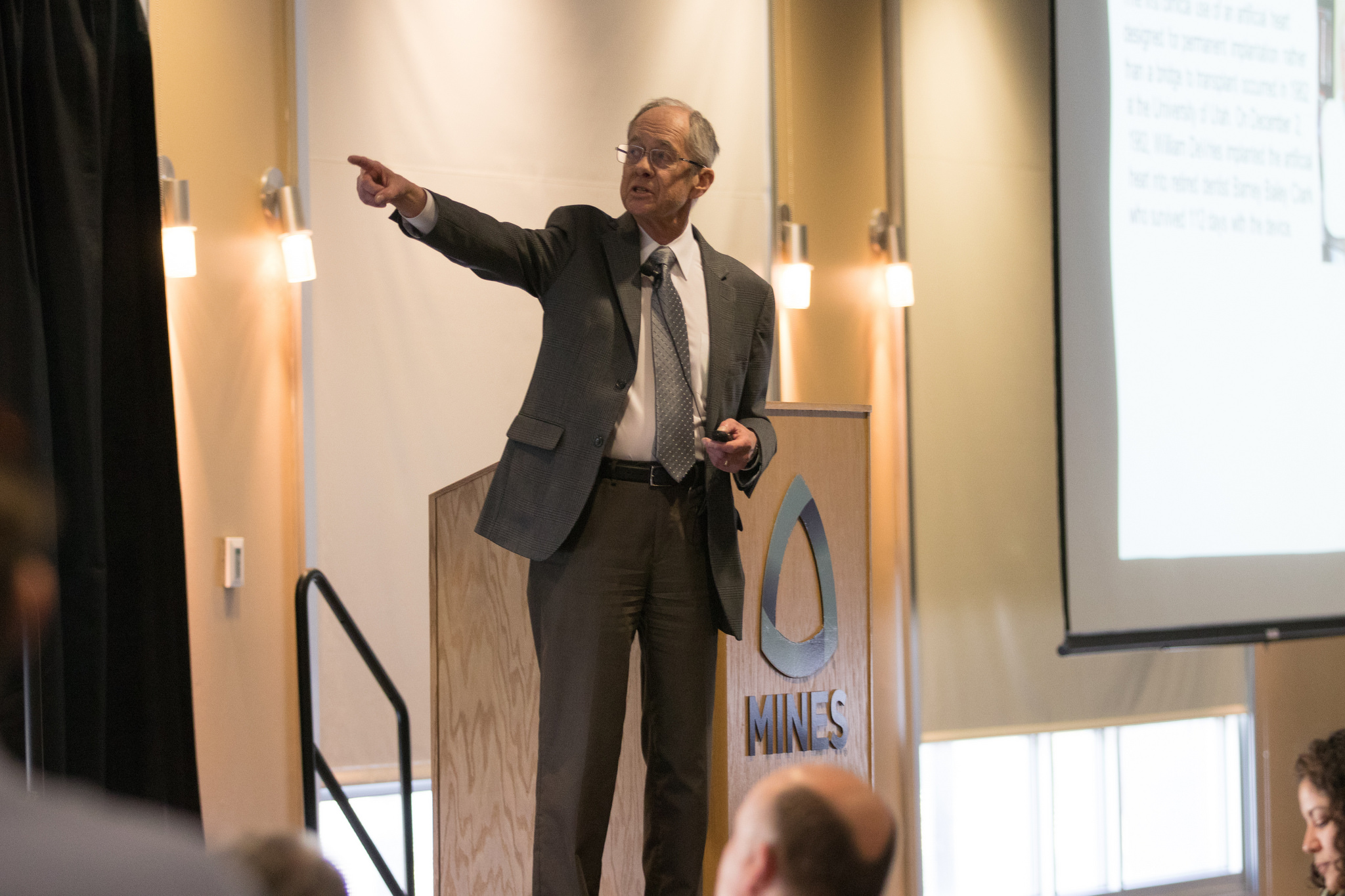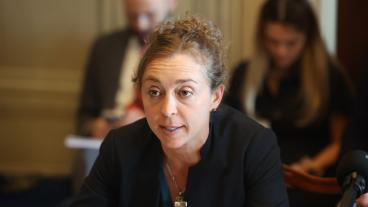 From attempts to weigh the human soul to misguided investigations into cold fusion, to unaddressed instances of plagiarism that led to even greater problems down the line, the world of science offers quite a few examples of poor judgment.
From attempts to weigh the human soul to misguided investigations into cold fusion, to unaddressed instances of plagiarism that led to even greater problems down the line, the world of science offers quite a few examples of poor judgment.
While institutions have done better in instilling professional ethics through courses, Colorado School of Mines Physics Professor Emeritus P. Craig Taylor suggests that students might greatly benefit from formal instruction in the broader concepts related to sound scientific judgment. Pitfalls include disregarding previous results of other researchers, avoiding peer review, rushing to a conclusion to beat the competition, moving to a new field without careful study and many more.
Taylor shared insights from more than half a century of experience in this year’s Faculty Senate Distinguished Lecture, titled “There Is No Answer to That Question: Sound Scientific Judgment in a Rapidly Changing World,” March 21 in the Student Center Grand Ballrooms.
“A major difficulty in maintaining sound scientific judgment stems from the fact that most of the important questions in life cannot be answered using scientific or engineering principles. Therefore, maintaining sound scientific judgment through an entire career is necessary to avoid attempts to answer questions for which there are no scientific or engineering answers,” Taylor said.
Hence the example of Duncan MacDougall, a Massachusetts doctor who in 1907 convinced terminally ill patients to be weighed at the moment of death to determine whether souls have weight. It’s difficult to conceive of scientists taking this seriously now, but his results were published in The New York Times, setting off debates between supporters and detractors for years.
Another issue is that much of modern engineering and science involves understanding or explaining the world that cannot be seen—nanostructures, pores in sandstone, the “spin” of electrons. “I suggest one way of staying in touch with scientifically sound judgment is to pay close attention to things you can actually touch and see and feel,” Taylor said.
Taylor was chairman of the Physics Department at the University of Utah in 1989 when Stanley Pons and Martin Fleischman claimed to have achieved cold fusion—a nuclear reaction at or near room temperature. The university rushed to publicize the results, which other scientists could not replicate, and the idea has fallen out of favor with the mainstream scientific community.
In 1990, the authors of a paper published by Amorphous Silicon Technology issued a retraction after they “realized” their data was not their own, but rather an exact duplicate of data published in another article.
Taylor was one of the editors of that volume, and he and his colleagues urged the Physics Department of the University at Albany not to grant tenure to the author responsible—Alain Kaloyeros, then an assistant professor. Twenty-eight years later, Kaloyeros is on trial, accused of rigging bidding for state construction contracts as president of the SUNY Polytechnic Institute.
“Maybe there ought to be a class in understanding the world around you,” Taylor said. “Ninety-nine point nine percent of scientists have that, but there is a small fraction that goes off the deep end.”
When Taylor started in the profession over 50 years ago, students were expected to learn ethics by osmosis—from watching their professors. “Then we realized we needed to do a little more than that,” he said. “That’s where we are with scientific judgment and assuming students just pick it up.”
But Taylor believes Mines is doing better than other institutions in this regard, “just because teaching is more revered here.”
Taylor joined Mines in 2005 after 23 years with the University of Utah. At Mines, he is best known for establishing and leading the Renewable Energy Materials Research Science and Engineering Center. He holds a PhD from Brown University and has published over 400 scientific papers.
The Faculty Senate Distinguished Lecturer Award was established in 1990. Recipients are selected by a committee of past honorees from nominations solicited from all faculty members and approved by the Faculty Senate.
Ashley Spurgeon, Assistant Editor, Mines Magazine | 303-273-3959 | aspurgeon@mines.edu



